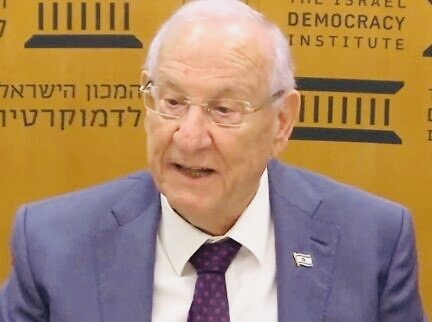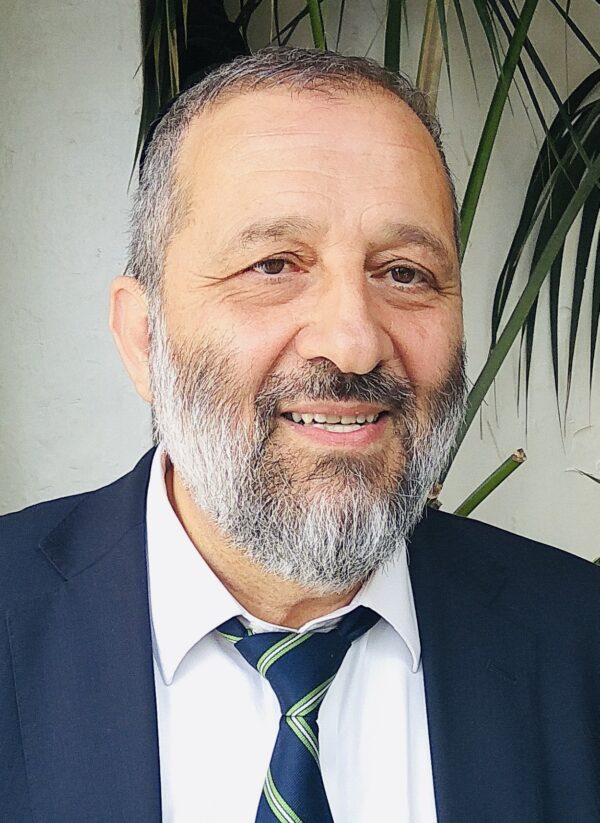While Benjamin Netanyahu and his allies won 64 seats in the 120-seat Knesset in last November’s election, breaking the impasse that had paralyzed Israeli politics through four elections since 2019, he has been unable to form a government and present it to parliament for approval.
On December 9, Israeli President Isaac Herzog granted him an extension of ten more days, which means he has until December 21 to complete the task.
If Netanyahu is successful, as is widely expected, he will be at the helm of the most right-wing and reactionary government in Israel’s history, a prospect that has alarmed his political opponents and Israel’s supporters abroad.
As far as they are concerned, Israeli democracy may be in the throes of its most severe crisis since the birth of Israel in 1948.
Three of Netanyahu’s proposed cabinet ministers, Bezalel Smotrich, Itamar Ben-Gvir and Avi Maoz, are on the extreme fringe of Israeli politics.
A fourth, Aryeh Deri, is a convicted criminal who has served prison time.
“These are among the most extreme voices in Israel politics,” Rabbi Rick Jacobs, the president of the Union of Reform Judaism in the United States, has charged.

Smotrich, the leader of the Religious Zionism Party, is slated to be finance minister. He has said he wants Israel to be governed by Jewish law and has talked about annexing parts of the West Bank and building yet more settlements there. He vehemently opposes a two-state solution.
Ben-Gvir, the head of the Jewish Power Party, has been offered the position of national security minister. He is notorious for his anti-Arab vitriol.

Maoz, the leader the Noam Party, has been appointed a deputy minister in charge of a new body overseeing “Jewish identity” and the educational system. He has made disparaging comments about non-Orthodox Jews, compared gays to pedophiles, and called for a revision of the Law of Return, which allows anyone with a single Jewish grandparent to immigrate to Israel.

Deri, the head of the ultra-Orthodox Shas Party, has been promised the health and interior ministries and the finance ministry within two years of the formation of Netanyahu’s new government.
Deri, Smotrich, Ben-Gvir and Maoz have all come out of favor of judicial reforms to weaken the Supreme Court and derail Netanyahu’s ongoing trial. He has been convicted of fraud, bribery and breach of trust, charges he stoutly denies.
Netanyahu, a secular nationalist, has said he and his Likud Party will neither impose Talmudic law on Israel nor curtail the rights of LGBT Israelis. And he denies he will interfere in or try to overturn his trial.
Israel’s caretaker prime minister, Yair Lapid, is skeptical of Netanyahu’s promises and claims his successor is on the cusp of dismantling its liberal and democratic character. “This is a government that was elected democratically but wants to destroy democracy,” Lapid claimed recently.

The mayor of Tel Aviv, Ron Huldai, has warned that Israel could be transformed into a fascist theocracy if radicals like Maoz are placed in charge of educational programs and if the powers of the Supreme Court are diluted.
Reuven Rivlin, Israel’s former president, has expressed his concern over the attempt “to threaten the court, to destroy it as an institution, to challenge its authority — and its decisions.”

Alan Dershowitz, a prominent American lawyer who has supported Netanyahu, has asked him to reconsider plans for legal reforms that would enable the Knesset to revisit laws struck down by the Supreme Court and to gain control over a panel that appoints judges. “The independence of the Supreme Court is essential … to the preservation of Israeli democracy,” he said.
Alluding to the planned reforms, Supreme Court Chief Justice Esther Hayut has spoken of the importance of an independent judiciary.

Israel’s former chief of staff, Gadi Eizenkot, a leading member of Defence Minister Benny Gantz’s National Unity Party, is so concerned by Netanyahu’s planned agenda that he has urged one million people to take to the streets if it is enacted.
With only nine days remaining until Netanyahu is obliged to form a government, his sixth since 1996, he is working feverishly to push through several laws demanded by his coalition partners.

The first is an amendment that would enable Deri to be appointed a minister despite his criminal record. A second amendment would designate extra policing powers to Ben-Gvir. A third amendment would permit the Knesset to override Supreme Court decisions by a simple majority.
Since Netanyahu has a parliamentary majority, he most likely will achieve his objectives and reclaim the premiership, plunging Israel into an acrimonious debate about its future as a democratic state.
